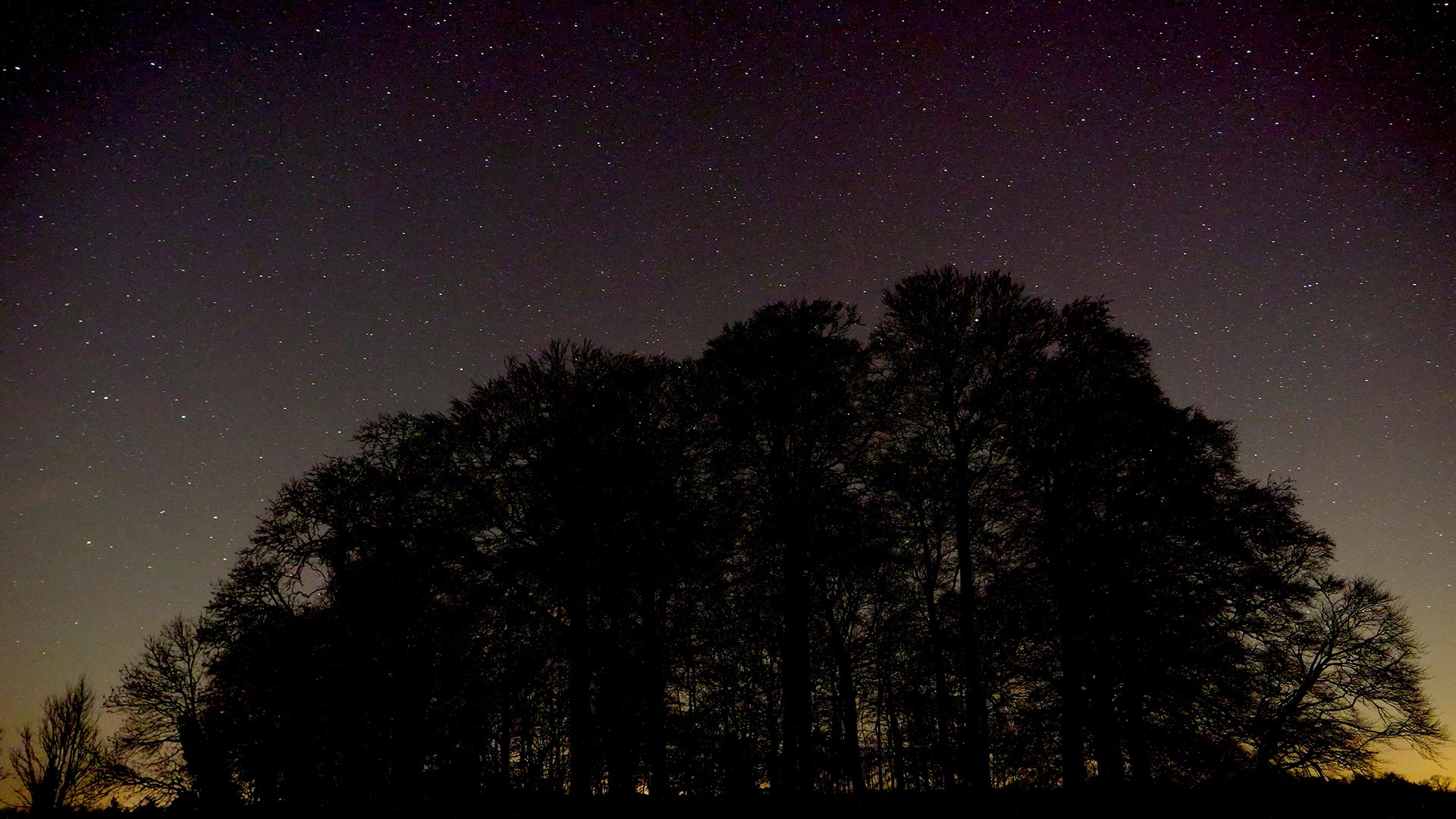“For over 6,000 years, the Sapperton landscape has been influenced and shaped by farming and changing land-use. Gradually, an ancient and essentially organic agricultural system was replaced by one dependent on energy-intensive inputs to provide food for a rapidly expanding population. Two World Wars saw the introduction of government policies to maximise food production across the UK. Today the impact of climate change brings a new set of complexities for farmers to negotiate. Sapperton Wilder is looking to help find a path - can understanding the past help?"
- Dr Alison Grierson-Brookes, Consultant Archaeologist.
“This is one of the most important ecological restoration initiatives in the Southwest, in a very sensitive part of Gloucestershire on the western slope of the Cotswold Hills. I’m very excited about both the natural and the historic environment and how they can work together in this exciting project.”
- Professor Mark Horton, Pro Vice-Chancellor, Research and Enterprise and Professor of Archaeology and Cultural Heritage at the Royal Agricultural University.
The Sapperton landscape has been shaped by farming and changing land use for over 6,000 years. Thanks to collaboration with Professor Mark Horton and archaeologist Dr Alison Grierson-Brookes, we are able to glimpse into the past and see how this landscape has changed over time.
Click here to find out more about the Sapperton Archaeological history: Archaeology

